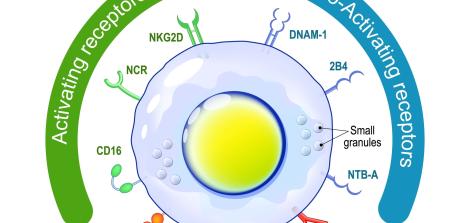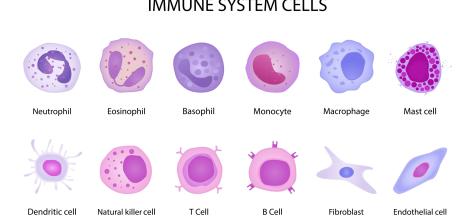Hepatitis C

Hepatitis C is a virus that infects the liver and tends to persist in the body, potentially causing disease later on, including cancer. It is transmitted from person to person primarily through infected blood, usually as a result of sharing needles for drug use, receiving contaminated blood or blood products, or using medical instruments or tattoo/piercing equipment that have not been properly sterilized.
Most people infected with Hepatitis C are never diagnosed and are unaware that they are ill. Of those infected, 20% recover on their own, but in the remaining cases, the infection may become complicated. Among the 80% who do not recover spontaneously and in whom the virus remains in the body, 20% will develop chronic liver disease; each year, 4% of them will develop liver cancer, which is considered particularly deadly.
There is a treatment for Hepatitis C that helps 99% of patients, but some individuals- mainly drug users and healthcare workers- become reinfected repeatedly. The problem is that recovery from the virus does not eliminate the risk of developing liver cancer, which causes about 300,000 deaths worldwide each year. Therefore, alongside efforts to understand how the virus affects the cell and leads to cancer, researchers are also working to develop a vaccine against it.
More on Hepatitis C in an interview with Prof. Meital Gal-Tanamy on the Dangoor website >>
Last Updated Date : 31/07/2025








